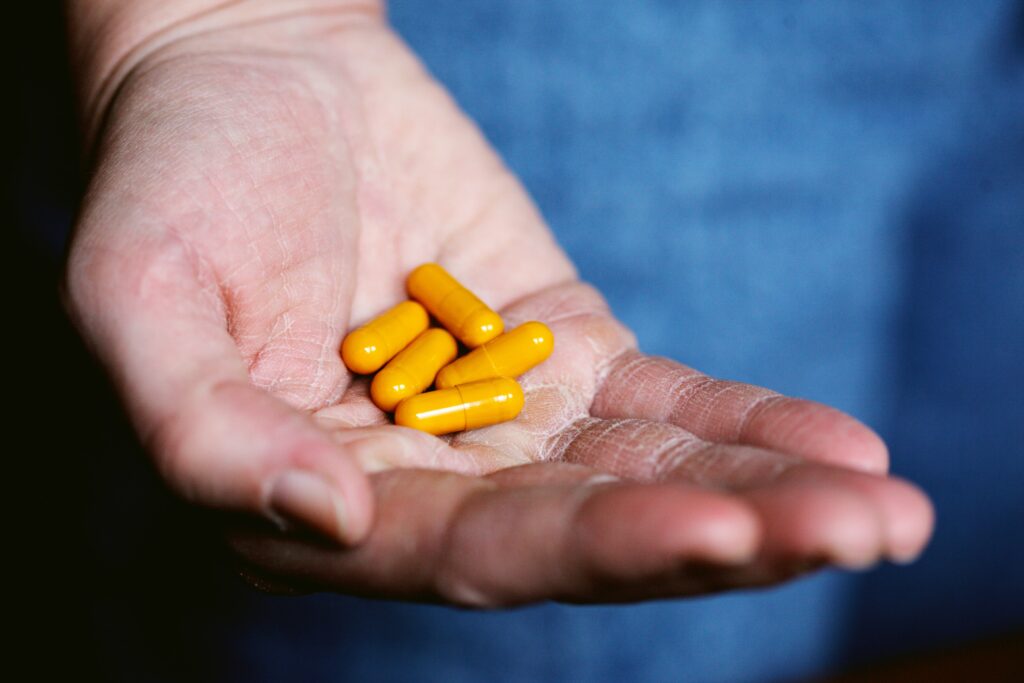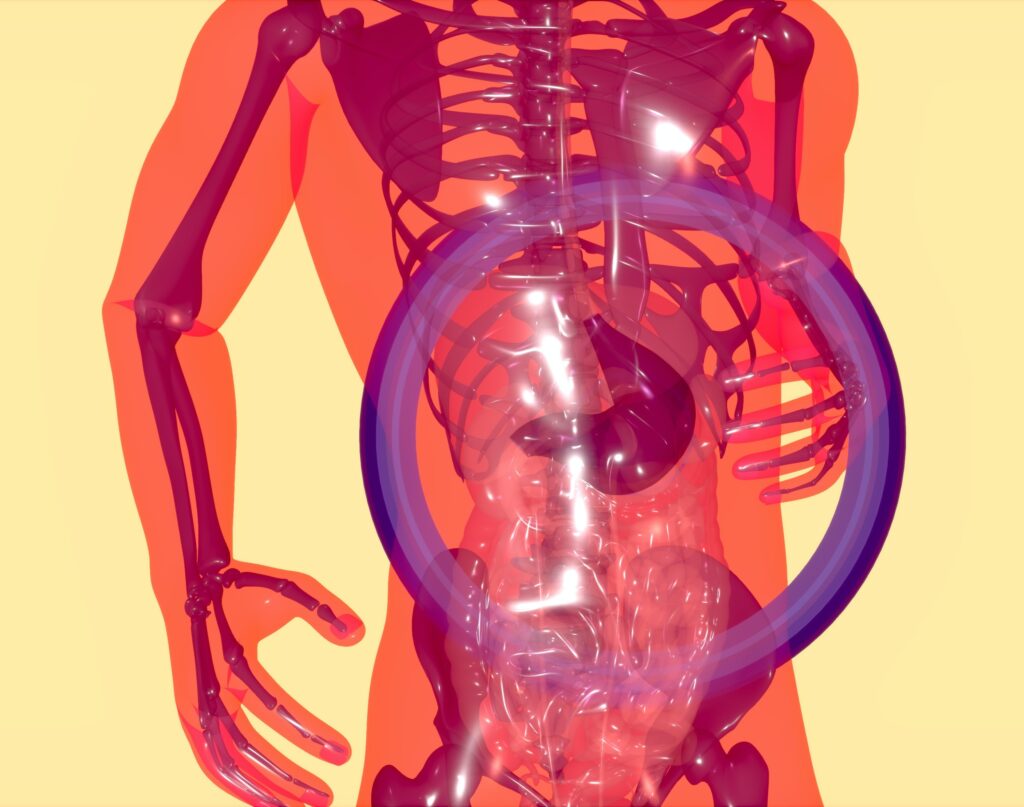Introduction
There are many causes of fatty liver disease. It may be caused by diabetes, obesity or high cholesterol levels. In most cases, fatty liver disease is reversible because it’s caused by simple lifestyle changes that can be made at home.
Eat a low-carb, high-fat diet.
- Avoid sugar.
- Avoid high fat foods.
- Avoid alcohol and trans fats, which can trigger inflammation and make your liver worse (1).
Take vitamin B12 and folic acid supplements.

Vitamin B12 and folic acid are important for healthy liver function. Vitamin B12 is found in meat and fish, while folic acid can be found in green leafy vegetables, legumes, nuts and whole grains. Both of these vitamins are water soluble vitamins; this means that your body does not store them so you have to replenish them daily with food or supplements if you are deficient in either one.
If you’re concerned about your fatty liver disease diagnosis (or think you might have it), talk to your doctor about taking a multivitamin that includes both vitamin B12 and folic acid on a daily basis.
Eat lots of vegetables and fruit.
If you’re trying to lose weight, vegetables and fruit are the perfect foods to eat. While they’re low in calories, they’re also high in fiber, which helps keep you full for longer periods of time. Fiber can help lower cholesterol and reduce the risk of heart disease, diabetes and other chronic conditions.
Drink water.
Drink at least 8 glasses of water a day. Your liver needs to be hydrated in order for it to function properly, so make sure you’re drinking enough water each day. If you’re exercising, be sure that your urine is pale yellow or clear (if the color is dark yellow or brown, then it means that you need to drink more).
If possible, avoid sugary drinks like soda and fruit juices because they can increase inflammation in the body and promote weight gain which will make fatty liver disease worse.
Alcohol also increases inflammation in the body and can lead to weight gain which makes fatty liver disease worse
Avoid soda and alcohol.
- Avoid soda and alcohol.
Soda is high in sugar, which can be bad for your liver. Alcohol is also high in calories, and it’s been shown to cause fatty liver disease in rats. If you need something to drink, try water or unsweetened tea (green or black).
Alcohol
Alcohol is a toxin, and it’s harmful to your liver. It can cause fatty liver disease, which is the most common form of liver disease in Western countries. Alcohol also increases your risk for developing cirrhosis–the final stage of liver damage where scar tissue replaces healthy cells–and cancer.
If you drink alcohol regularly (more than 2 drinks per day), try cutting back or stopping altogether while you’re on this diet plan.
Exercise regularly.
Exercise is also a great way to reduce stress, which can lead to fatty liver disease. Your liver works hard every day to filter out toxins in your body, and when you’re stressed out it’s even harder for the liver to do its job. Exercise helps improve blood flow throughout the body, including through your liver; this means that more oxygen and nutrients are getting into cells and helping them function better.
Exercise improves sleep quality because it helps you get rid of pent-up energy from during the day, so when bedtime comes around you’ll be ready for restful sleep without worrying about having too much energy left over from running around all day! Plus exercise releases endorphins–those feel-good chemicals–into our bodies which make us feel happier overall (and thus less stressed).
Sugar
Sugar is the enemy. It’s in everything, and it’s addictive. Most people don’t realize that sugar makes you fat, sick, tired and ages you faster than anything else. Sugar is found in processed foods like cereals, breads and pastas; as well as condiments like ketchup or salad dressing (and even salad dressing has sugar!)
Sugar can be hidden under many names: fructose corn syrup (HFCS), sucrose (table sugar), dextrose…even lactose! If a product contains those ingredients it will likely contain some amount of added sugars.
Trans Fats
Trans fats have been linked to heart disease and stroke. They can also cause the buildup of plaque in your arteries (atherosclerosis), which increases your risk for heart attack and stroke.
To avoid trans fats, look at food labels. Avoid any product that contains “partially hydrogenated” or “hydrogenated” oils; these are sources of trans fat. In addition to fatty foods like French fries or doughnuts, other sources include:
- Vegetable shortening — used in baked goods such as cookies and cakes
- Margarine — this may be labeled as butter substitutes or spreads instead of margarine because it contains less saturated fat than regular margarines do
High Fat Foods
You should avoid high fat foods, which are those that contain more than 5 grams of fat per serving. High fat foods include french fries, pizza, donuts and ice cream. These foods also tend to be high in carbohydrates and sugar which can lead to weight gain and increase your risk for heart disease. If you have fatty liver disease it is important that you lose weight because carrying extra pounds puts more stress on all organs including the liver.
Avoiding these types of foods will help you lose weight and reduce your risk of heart disease as well as other health problems like diabetes and high blood pressure
The above are things to avoid for people with fatty liver disease
- Avoid sugar. Sugar is a major cause of fatty liver disease and should be avoided at all costs.
- Avoid alcohol. Alcohol causes damage to the liver and can exacerbate existing conditions like fatty liver disease, so it’s best to limit your intake or avoid it completely if you have FLCD.
- Avoid trans fats and high fat foods (butter, oils). Trans fats are particularly bad for your health because they raise “bad” cholesterol levels while lowering “good” ones; both of these effects promote inflammation in the body which leads directly to FLCD development or worsening an existing condition if one already exists on top of being overweight/obese as well — this means that even if someone isn’t carrying extra pounds yet still eats lots of fried foods then there is still reason enough not only prevent but reverse their chances at getting FLCD later on down road too!
Conclusion

The above are things to avoid for people with fatty liver disease. If you have any questions about this article, please feel free to contact us at .